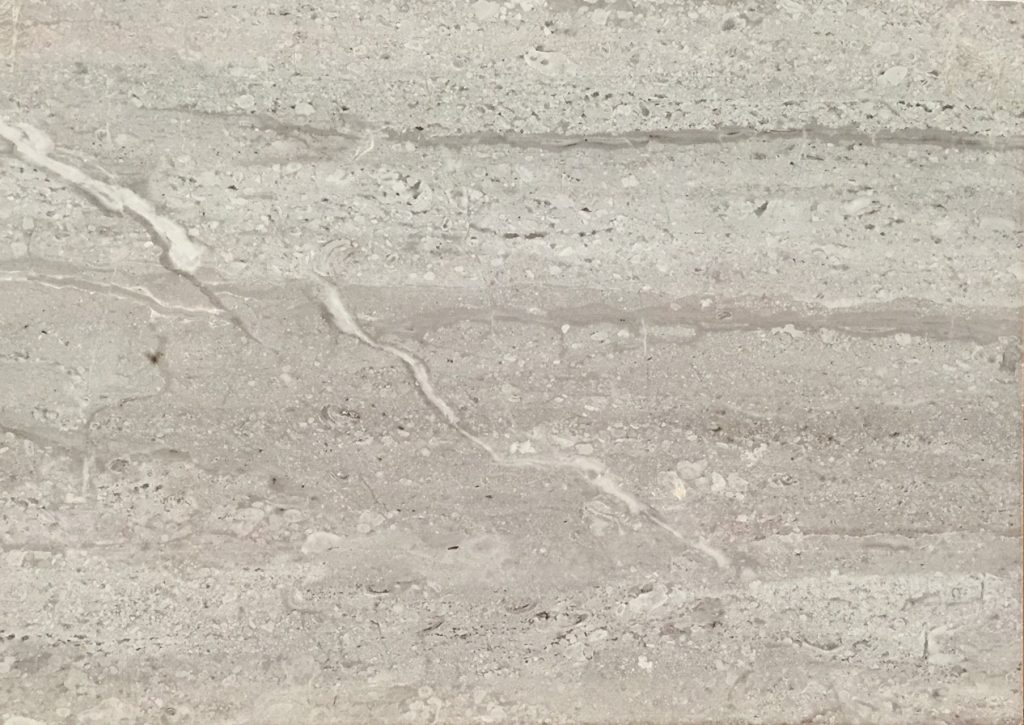Tile Tips
Practicalities and weight limits for wall tiles
Tiling a bathroom or kitchen is something most people do as part of their renovations or redecorations, either on purchasing a new house or when revamping one. As popular as tiling is as a DIY project, it is not something where the technicalities should be overlooked. The practicalities of tiling a wall in any room of the house are more complicated than shape, colour or pattern. Here at Tiles 2 Go we are tiling experts, so here are some facts regarding wall types and tile thicknesses.
Wall types
The type of wall substrate and background for the tiles you want fitting vary in load bearing capability, altering the maximum thickness of the tiles (with adhesive) that you can use. As the tiles you can use depend on the wall substrate, it is a good idea for you to check out the wall substrate list towards the end of this article, before setting out to choose your tiles, to avoid disappointment. The most common wall substrates are gypsum plaster and gypsum plasterboard without plaster skim.
Gypsum Plaster
Walls with a good quality, well-adhered and dry plaster as the background for the tiles can support a maximum weight of 20kg/m². So, what does that mean for tile choices? Well, 20kg/m² is perfect for ceramic tiles of around 8mm maximum thickness, plus the adhesive, or natural stone tiles in 7mm maximum thickness and adhesive.
Gypsum Plasterboard direct
Walls of plasterboard, without plaster skim, can support a tiling weight of 32kg/m², suitable for 12mm maximum thickness ceramic tiles, plus adhesive, or natural stone tiles with 10mm maximum thickness, plus adhesive.
Feature Walls
Thinking of creating a feature wall within a room? Choosing the wall with the highest load bearing can give you more choice and opportunity for tiles and styles, leaving the walls more well suited to thinner tiles, free for plainer and more simple tiles, like subway tiles.
Other wall substrates
If your wall does not fall into the categories previously discussed, some other wall substrates and their load bearing capabilities include:
- Wood-based sheets which can support up to 30kg/m².
- Both foam-cored tile backing boards and fibre-cement boards which can support up to 60kg/m².
- Finally, gypsum fibre boards can support around 35-40kg/m².
If this all seems complicated, don’t hesitate to get in touch with the tiling experts at Tiles 2 Go.

